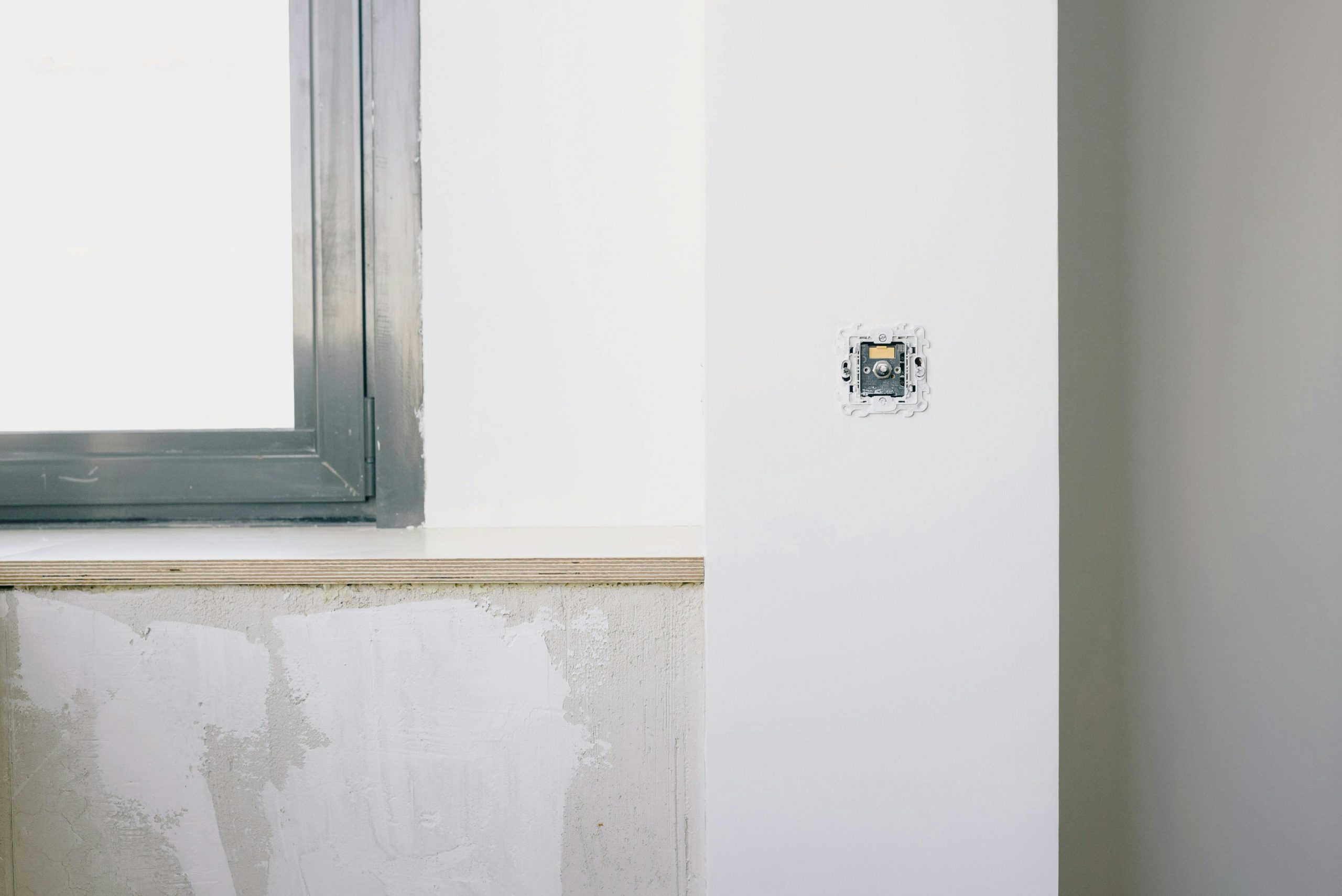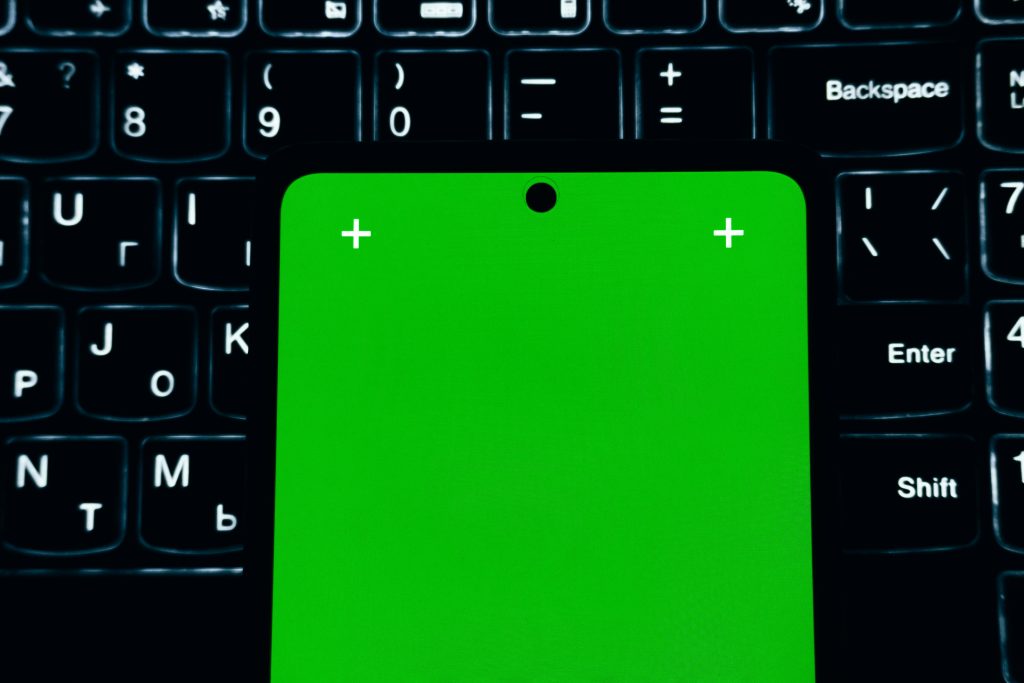Understanding VPN Usage on School Networks: What Can IT See?
In today’s educational environment, where technology plays a pivotal role in teaching, it’s not uncommon for educators to use personal devices for both school-related tasks and leisure activities. However, with strict monitoring of network activities in schools, many teachers wonder about their privacy when using personal tools like Virtual Private Networks (VPNs).
The Context
As an educator, you may find yourself in a situation where you want to use your personal tablet for streaming content like YouTube TV during downtime at school. However, the school’s IT department highly regulates network traffic, leaving you to ponder what they can see if you choose to secure your connection with a VPN service such as Norton 360.
How VPNs Work
When you install a VPN on your device, it encrypts your internet traffic and routes it through a secure server, effectively hiding your online activities from prying eyes. This means that when you connect to your VPN while on the school’s network, your data is encrypted, making it much more challenging for anyone to monitor exactly what you’re doing.
What Does the IT Department See?
Even with a VPN, the school’s IT staff may still have visibility into certain aspects of your network usage:
-
Connection Metadata: They will likely see that a VPN connection is active, which can indicate that a device is using encrypted traffic, but they won’t be able to view the specific content you’re accessing.
-
Amount of Data Used: They may monitor the volume of data being sent and received, but this information won’t reveal the nature of your activities.
-
IP Addresses: IT can see the IP address of the VPN server you’re connected to, but they won’t be able to decipher the individual sites you visit or the data transmitted through that connection.
The Bottom Line
While using a VPN on a school network does improve your privacy by disguising your online activities, it’s essential to remember that IT departments are still capable of monitoring overall network usage. Therefore, while you can enjoy your streaming service privately, it’s wise to remain aware of the school’s policies regarding internet usage. I encourage you to weigh the implications of using a VPN in this context and consider whether it aligns with the standards set by your institution.
In summary, a VPN can offer a layer of protection for your online activities, but transparency with your school’s IT policies is crucial for a balance between personal freedom and responsible use of school resources.
Share this content:



